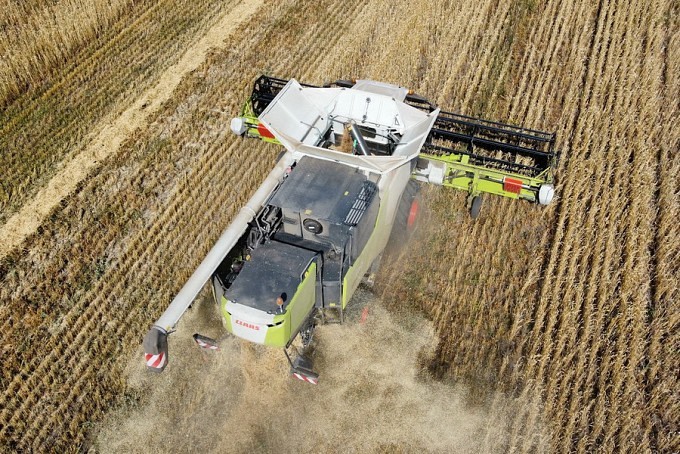
The Ministry of Energy has additionally allocated 67.7 thousand tons of cheap diesel fuel and 5 thousand tons of liquefied gas for grain drying units. This was reported by the government press service.
Additional volumes of diesel fuel were allocated based on requests from farmers in the Akmola, Karaganda, Pavlodar, Kostanay, North Kazakhstan and East Kazakhstan regions.
The total need of the six grain-growing regions for liquefied gas to operate dryers for the entire harvesting season (September-October) is 21.5 thousand tons. Currently, 5 thousand tons have been allocated.
Liquefied gas has been distributed to the Akmola, Pavlodar and North Kazakhstan regions, where the largest number of dryers operating on liquid fuel are located. In order to promptly provide farmers in three other regions with liquefied gas for drying units, Deputy Prime Minister Serik Zhumangarin instructed to redistribute the allocated volumes of fuel between all regions in need.
In order to fully meet the need for gas for the entire harvesting season, the possibility of reducing the commercial price of liquefied gas from the manufacturer will be considered. In regions with hybrid operation of drying units, it is recommended to choose diesel fuel.
In addition, the Chairman of the Board of KazAgroFinance Aidar Prashev reported that a financial instrument has been developed for lending for the purchase of grain dryers during the harvesting period at 9% per annum. Six applications were received from farmers for 260 million tenge. 30% of the cost of this type of agricultural machinery is subsidized by the state.
The press service also reported that as of September 10, about 4.7 million hectares of grain and leguminous crops, or 28%, have been harvested in the country. The average yield is 14.9 c/ha, about 6.9 million tons of grain have been threshed.
As of September 5, 880.5 thousand tons of grain have arrived at the elevators, of which 23.1% is grain with a moisture content of 14.6% to 17%. 260.4 thousand tons (29.6%) have been dried, 321.8 thousand tons (36.5%) have been processed.